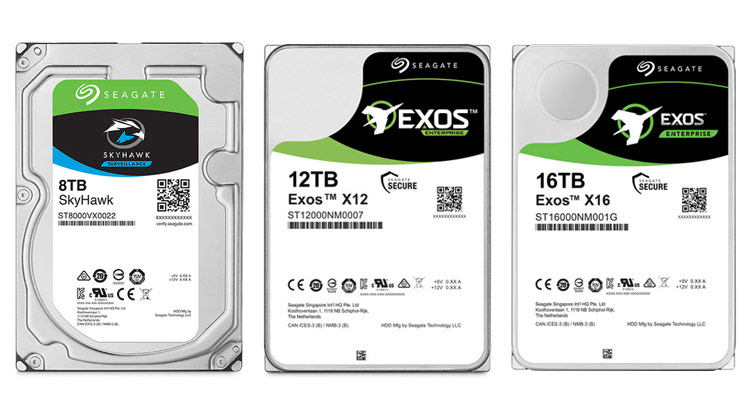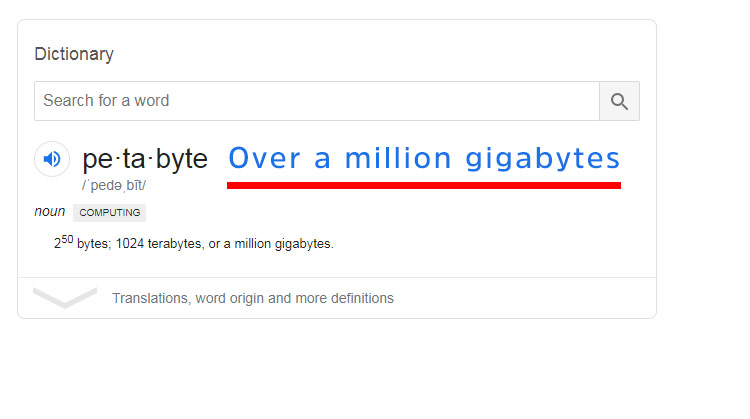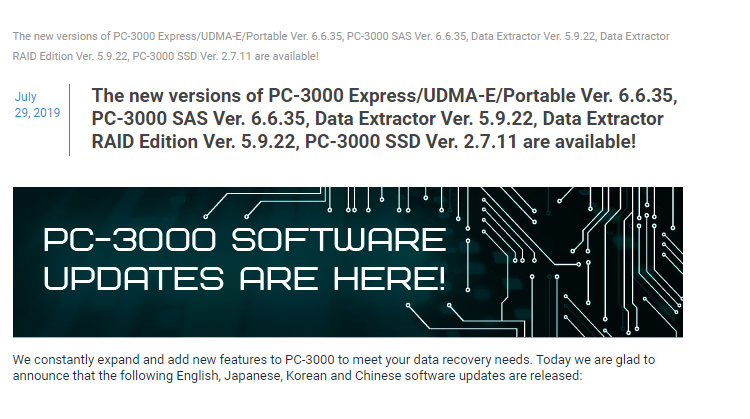
Seagate has just released a hard drive that is 16TB in size. That’s a lot. To help you to picture the capacity, it’s basically 8 hard drives. It’s a little hard to believe that we are somewhat used to 2TB hard drives when you consider it wasn’t all that long ago when the word terabyte sounded so big and the first 1TB hard drives sounded so massive.
While size matters in the world of technology, that isn’t always the case.
Technology spins forward at a fast speed. It always has but in recent years it has been traveling at a higher rate of speed than it did even just twenty years ago. You will recognize the era when I remind you that at one time megabytes ruled the computer landscape. Then megabytes became gigabytes. That seemed to be a lot of storage space until they turned into terabytes. Those will be followed by petabytes.

Just twenty years ago those were sizes that could not be pictured. There was no need for them at the time and they sounded like something out of science fiction. But so are computers and in today’s age terabytes are a common part of our everyday language.
Size Matters, But Not Always
So you may be wondering why size is not such a good thing for the media. Well, in general, the more size you try to squeeze onto a single media, the more complex it becomes in terms of functionality and operation. This also means that it becomes complex to repair or fix these types of media.
In other words, that 16TB hard drive is going to have a substantial number of platters inside and heads that will be reading from the platter surfaces. It’s going to get a bit complex inside that hard drive.
Data Recovery Problems
When you turn to these types of drives and let’s just suppose that the surface of one platter gets damaged, scratched or suffers from any other type of damage, that to read the data a head would have to be turned off. Well, even the best hardware in the data recovery industry does not support head disconnections from these types of drives. The 8TB drives are not supported yet and that means years – possibly several – will pass before the 16TB drives are supported.

Generally speaking, the new technology has not yet been tested by the testers or the public. This means you will be risking the possibility of being the person with a busted drive because the HDD was not all that successful a model. I would rather get four 4TB drives that have been tested for years and come from a manufacturer that has a good reputation in the industry. But that’s me.
Archiving
I know. Not all of you are going to agree with me. I understand the perspective where a ton of storage space makes sense if you are, say, a photographer or graphic artist. You are going to need some serious hard drive space to keep your projects on file. This becomes more important when you begin archiving those giant projects that eat up a lot of space.
However, I come to this size issue from a very different perspective. I’ve already explained it above as I see huge hard drives becoming a problem when data recovery is required. But that’s what I see in my world which is going to be very different from your world.
In Conclusion
None of this is rocket science, to be honest with you. You could just shrug your shoulders and say, “Different strokes for different folks” and that would be understood. But I do want to hear what your thoughts are on this topic. All you have to do is just leave your comments below. I am interested in what you think about bigger hard drives.
